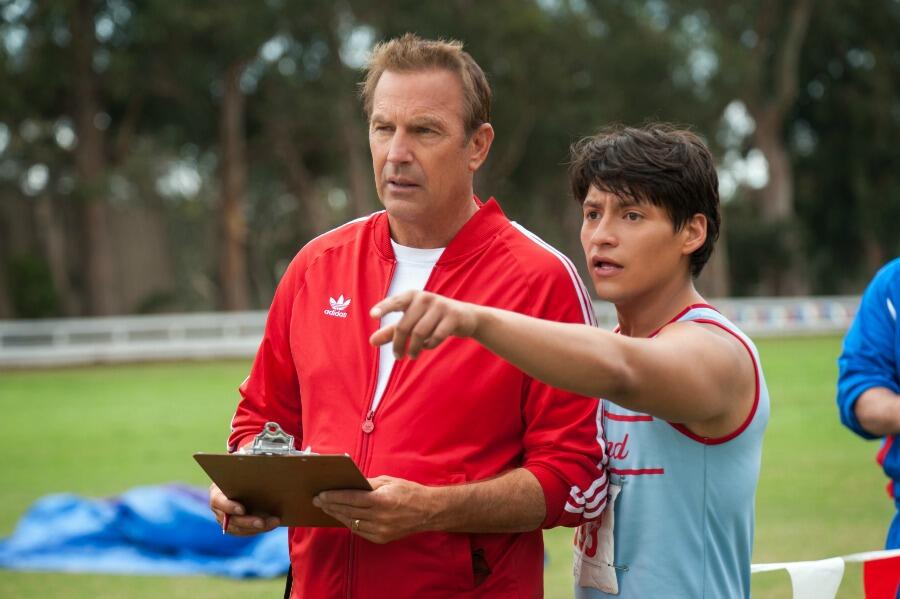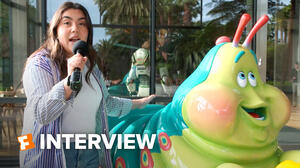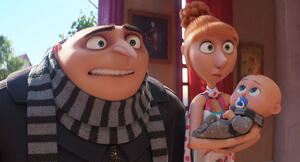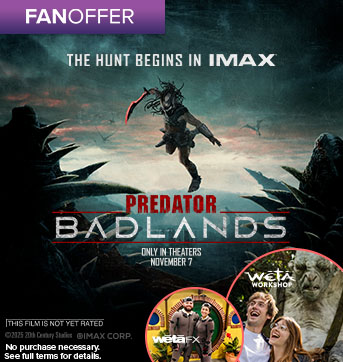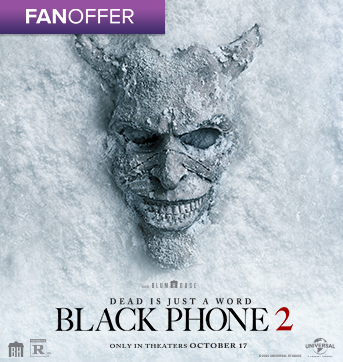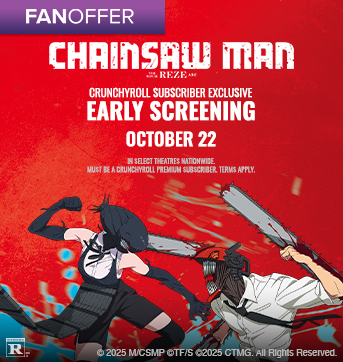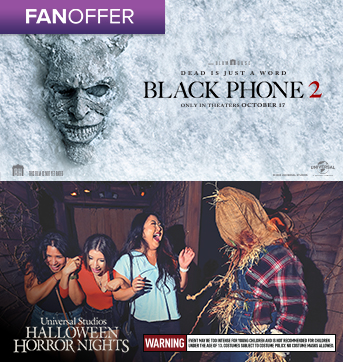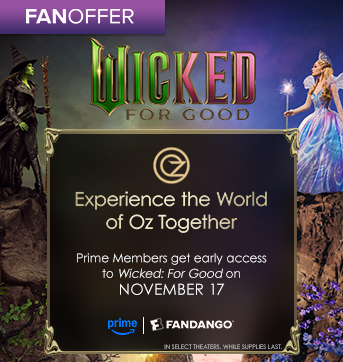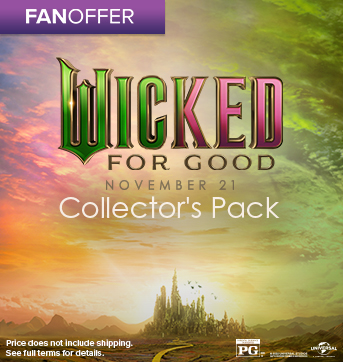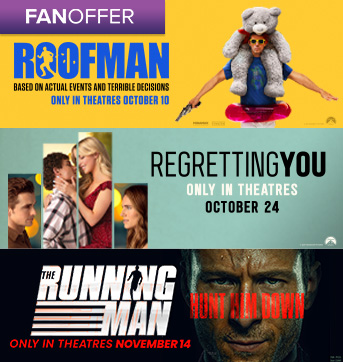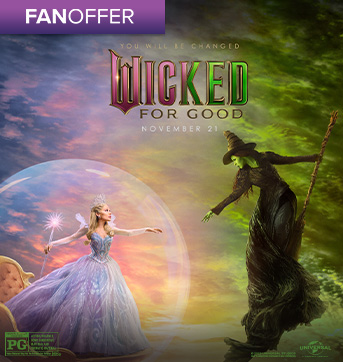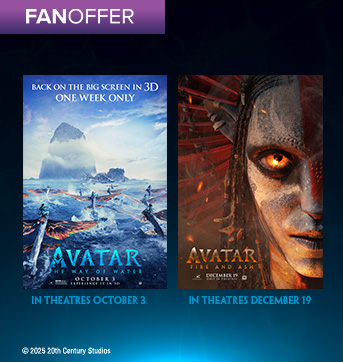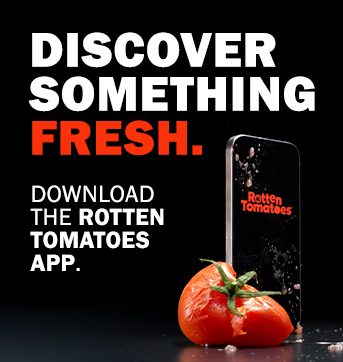
“What did you think?” I asked. My son and I were headed home, fresh from a screening of McFarland, USA, the new family film from Disney starring Kevin Costner.
“I loved it,” he said.
The movie is based on the 1987 true story of cross-country coach Jim White (Costner) who leads a group of novice high school runners from an economically challenged town in California to victory. I had asked my son to come to the movie with me because he has recently discovered a love of running, and he has invited the family to love it with him. Admittedly, running does not appeal to me the way it does to him, but I need the exercise, we all do, and I have no desire to miss the moments waiting between the miles we will share. I have heard Cat’s in the Cradle, and I have seen the windows closing. I prefer ours wide and open.
The night was dark and getting late. Our drive home would be a quick trip west, with the town of McFarland always two hours and a hard right away.
“I liked the kids and the racing,” he said. “And parts of it were funny. But their lives are really hard.”
That was the moment I had been waiting for, because the running was just the half of it. McFarland, USA is about so much more than that. I started speaking on the topics of privilege and empathy, my own childhood in a farming town, the lens that it afforded me, and how sometimes all someone needs is a chance.
______________
When I walked in the room Kevin Costner had his back to me. He was finishing his lunch, squeezing in bites between the parade of press marching through his suite. I wanted to give him a moment, so I stood quietly and waited.
“Have a seat,” he said.
And so I sat. The sofa could hold 10, comfortably, and there were only the two of us, a huge cushion apart, both of us leaning into the soft give that it offered, our legs folded and lazy. The room was relaxed, and the conversation easy.
It contained a lot of spoilers.
Kevin Costner: Your son understood everything.
Whit Honea: Yeah. He’s a pretty sharp kid. In fact, it really resonated with him. He wondered what that must be like for the people portrayed in the film. That’s their life that they are still living, and the hard work they are still doing.
KC: It’s hard for them. It’s not easy. It’s not easy on the parents, and you can see that, but that’s the job of a parent, to make a difference for the child, and it will always be that way. There is something incredibly noble about it. What we don’t realize is how dangerous, the pesticides they work in, and the kids work in are—it’s not a job that other people want to do.
WH: What about working with Coach White. Was he sensitive to how he came across on-screen?
KC: Oh yeah. He made up his mind early on, he knew that I had changed some things, things that he had wanted changed, and I just changed them intuitively.
WH: When you say they changed . . .
KC: Well, once they decided to take a little license with him—meaning he had three daughters, not just two, and he was never fired. I mean, it’s true that he went there and there was nothing going on and he figured out how to do this program, but in Hollywood fashion they kind of (made it seem like) his last stop, and that wasn’t correct. So the minute that happens I don’t feel any obligation to get everybody’s twitches right. You know what I mean?
And so there were some things that I changed, I said (to White), “I don’t sense the man you are could do this.” And he said, “I wouldn’t.” So he was very happy, but he never injected himself, you know, like “I would do this.” He was just very quiet and watched.
WH: That is really interesting because for the rest of his life he will be answering questions about things, some negative things, that he never really did but people will attribute to him.
KC: Yeah, and he’s going to throw his hands up and go, “I don’t know why.” But you know, the heart and soul of what this is, it’s true. He was really happy, and I was really happy to know that he was enjoying what I was doing.
WH: And that must go a long way because you always hear about people who are portrayed in a way that they don’t like.
KC: That’s right. You know, he didn’t focus on what mattered the least. He focused on what mattered the most—that McFarland now has an identity, that the story is true, that those young men who were highlighted, and their lives—so he’s focused on the right things.
Just by giving these kids (in McFarland) a goal, something they didn’t know the day before, that they know today, they succeeded widely. They became champions. They just needed the chance.
WH: That’s what my son and I talked about on the way home.
KC: I love that.
______________
And then it was time to stand up, shake hands, and thank each other for our respective time, so we did.
McFarland is rated PG and opens on February 20, 2015.
This interview has been edited and condensed. Check out more of the interview at Dad 4 Change.
Whit Honea is the author of The Parents’ Phrase Book and his personal website the Honea Express. He lives in Los Angeles with his wife, two sons, and too many pets.
